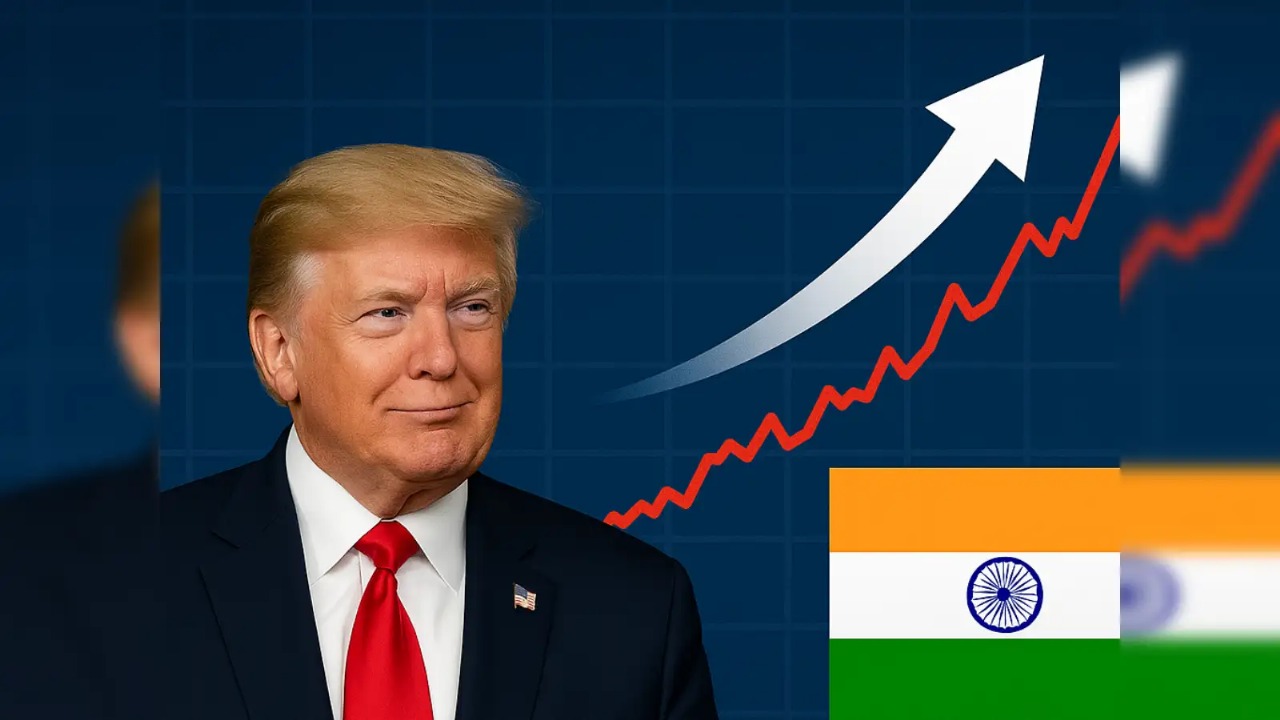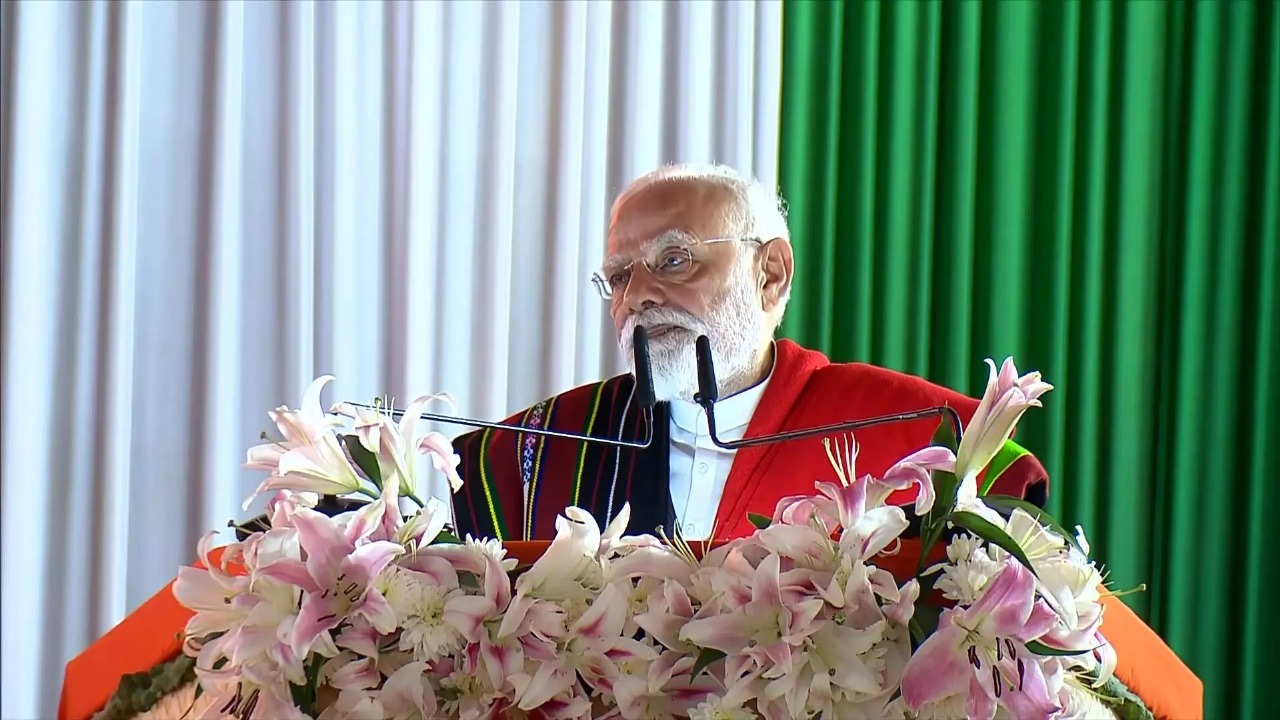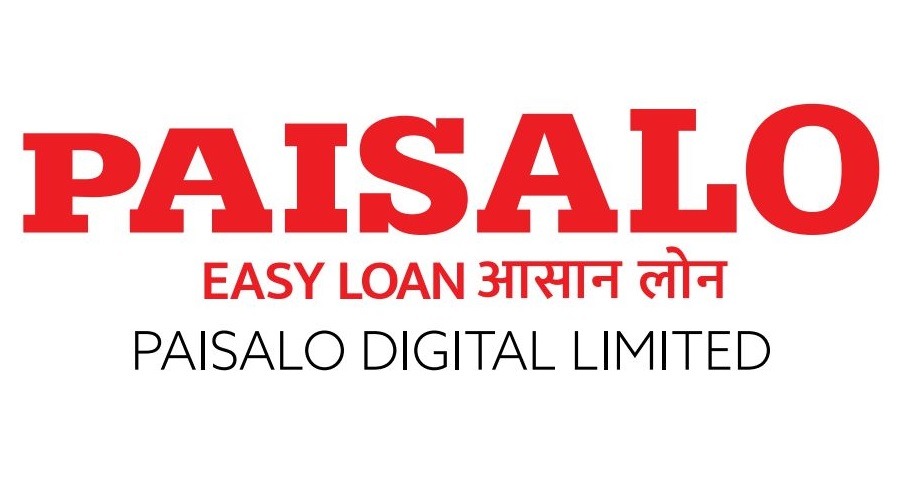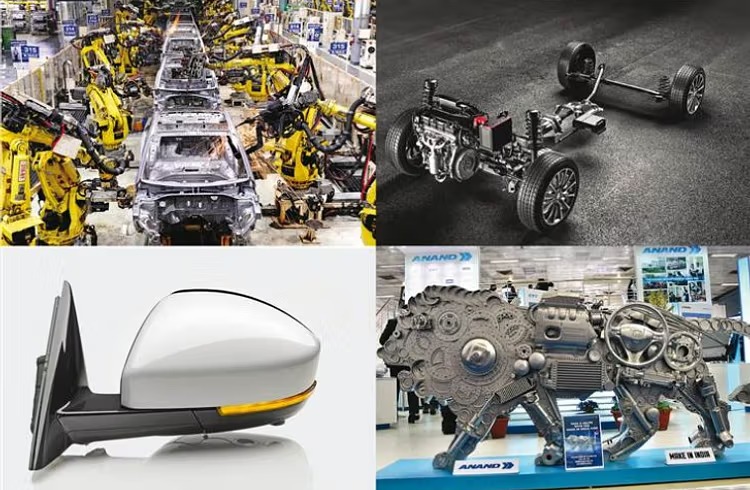
Follow WOWNEWS 24x7 on:
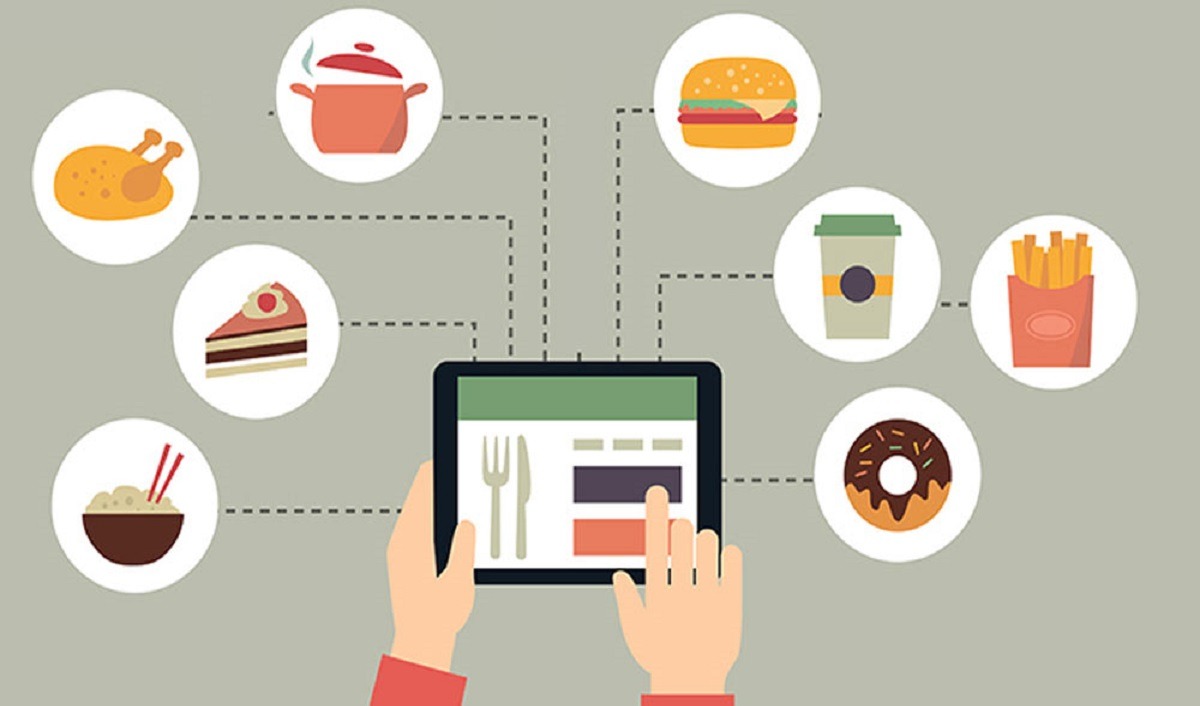
India’s food landscape is undergoing a profound transformation in 2025, shaped by a dynamic blend of cultural heritage, digital innovation, and evolving consumer priorities. According to PwC India’s Voice of the Consumer 2025 survey, Indian households are increasingly balancing tradition with tech-enabled wellness, redefining how they shop, eat, and engage with food brands. With over 1,000 Indian respondents contributing to the global study, the findings reveal a nation that is both rooted in its culinary past and open to futuristic food solutions.
From rising health consciousness to the adoption of AI-powered diet plans, the Indian food industry is navigating a complex but opportunity-rich terrain.
Key Highlights From The Survey Insights
- 84 percent of Indian consumers prioritize food safety as a key driver of choice
- 74 percent say their food preferences are strongly influenced by cultural traditions
- 80 percent actively use healthcare apps or wearables for diet and wellness tracking
- 63 percent are concerned about rising food costs and are adapting shopping habits
- 29 percent are willing to switch brands for healthier alternatives
- 55 percent rely on digital grocery platforms for convenience and variety
Tradition As A Cornerstone Of Food Identity
Despite rapid modernization, tradition continues to anchor Indian food choices. A significant majority of consumers still prefer meals that reflect regional heritage, seasonal rhythms, and family customs. This includes staples like millets, fermented foods, and Ayurvedic ingredients, which are seeing a resurgence due to their perceived health benefits.
Traditional cooking methods and recipes are being passed down and adapted for modern kitchens, often with tech-enabled enhancements such as smart appliances and guided cooking apps. Brands that respect and elevate these cultural preferences are gaining consumer trust and loyalty.
Technology And The Rise Of Precision Wellness
Digital health tools are playing an increasingly central role in shaping food decisions. From calorie tracking to AI-generated meal plans, consumers are embracing technology to personalize their diets. GenAI-powered platforms now offer tailored nutrition advice based on biometric data, lifestyle inputs, and health goals.
Wearable devices and mobile apps are being used not just for fitness but for holistic wellness, including sleep monitoring, hydration reminders, and mental health support. This tech-savvy behavior is driving demand for functional foods, fortified ingredients, and clean-label products.
Affordability And Shopping Behavior
Economic pressures remain a key concern, with 63 percent of consumers reporting anxiety over food prices. In response, households are adopting cost-saving strategies such as:
- Shopping across multiple stores to compare prices
- Buying in bulk to maximize value
- Seeking discounts and loyalty rewards
- Switching to private labels and local brands
Despite budget constraints, consumers are not compromising on health. Many are willing to pay a premium for products that offer verified nutritional benefits, sustainable sourcing, and transparent labeling.
Digital Grocery Platforms And Convenience Culture
The convenience of online grocery shopping continues to reshape urban food habits. Over half of Indian consumers now use digital platforms to order groceries, with preferences driven by:
- Time-saving delivery options
- Access to niche and specialty products
- Personalized recommendations based on purchase history
- Subscription models for staples and wellness items
Local retailers and supermarkets still play a vital role, especially in tier-2 and tier-3 cities, but digital adoption is rising steadily across demographics.
Sustainability And Conscious Consumption
Environmental awareness is influencing food choices, with many consumers opting for eco-friendly packaging, plant-based alternatives, and locally sourced produce. Brands are responding by investing in sustainable supply chains, reducing plastic use, and promoting zero-waste initiatives.
The intersection of health, technology, and sustainability is creating new value propositions for food companies, especially those that can deliver on transparency, innovation, and cultural relevance.
Forward Outlook
India’s food choices in 2025 reflect a society in transition—one that honors its culinary roots while embracing digital tools for better health and convenience. As consumers become more informed and empowered, brands must evolve to meet their expectations with authenticity, agility, and purpose.
Sources: Adgully, India Business Trade, PwC India
